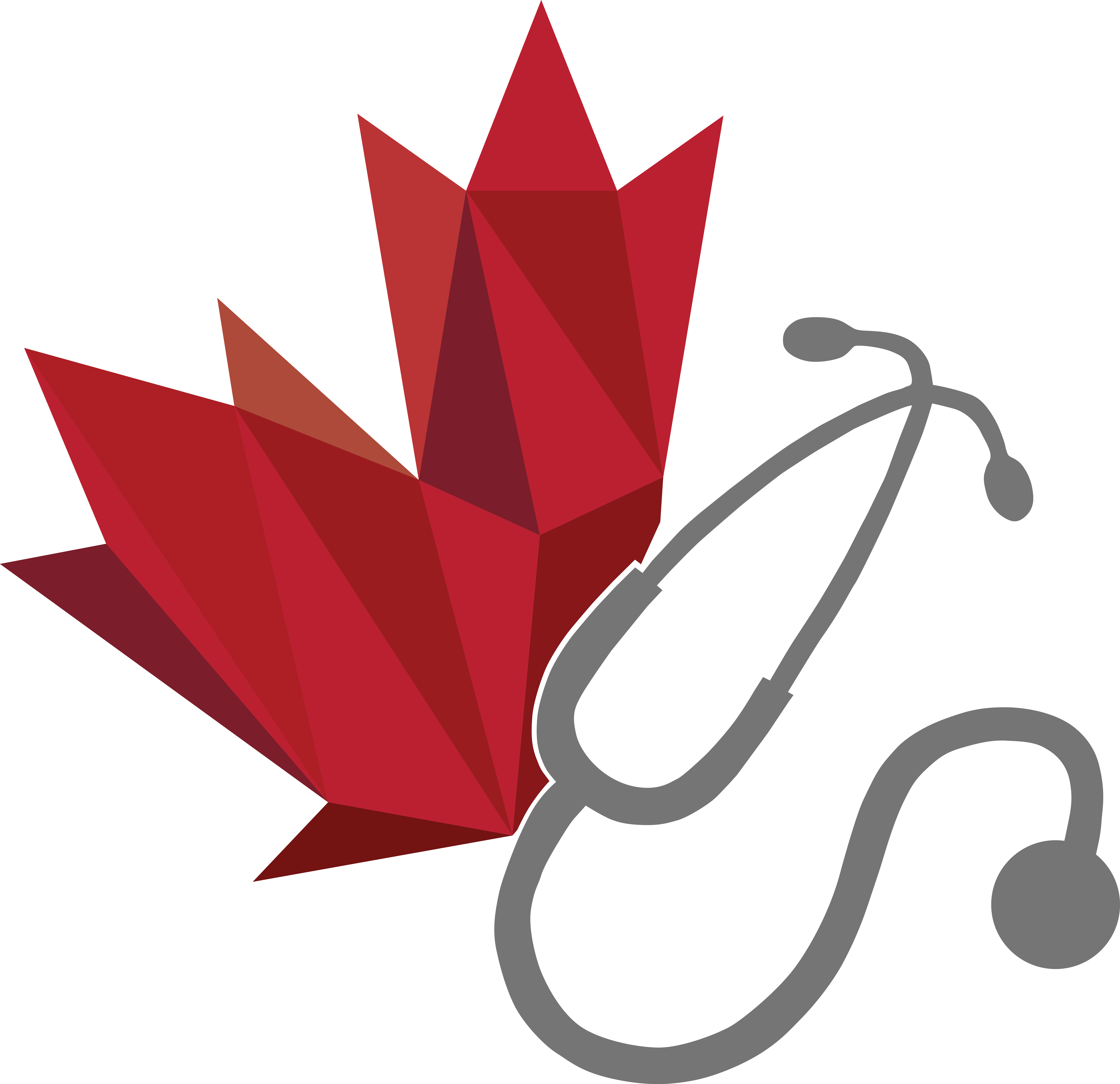About the CFMS
The CFMS is an organization representing over 8,000 medical students from 15 Canadian medical student societies from coast to coast. We represent medical students to the public, to the federal government, and to national and international medical organizations.OTTAWA, ON – The Canadian Federation of Medical Students (CFMS) are proud to announce the first ever annual Follow-Up National Day of Action (FNDoA). This event will bring together medical students from across the country to advocate for Universal Access to Contraception in May of 2022. The exact format, in-person or virtual, will be decided at a later date based on public health guidance. Historically, medical students have met in Ottawa, Ontario to meet with Members of Parliament and Senators on Parliament Hill. Given the jurisdiction over healthcare falls to the provincial governments, we will—in addition to meeting with Federal Members of Parliament and Senators—meet with provincial Members of the Legislative Assembly/Members of Provincial Parliament. This approach is new to any CFMS Day of Action and will allow us to advocate with a multi-pronged approach and offer more medical students the opportunity to add their voices to the cause.
Universal access to contraception improves patient autonomy by providing an individual the ability to choose the type of contraception that is most appropriate for their health and lifestyle. Restricted access leads to increased unplanned pregnancy, which ultimately results in direct healthcare costs of up to $320 million annually in Canada. A study in the JOGC by Black et al. demonstrated that if 10% of individuals using short-acting contraception switched to long-acting reversible contraception, there were cost savings of at least $34 million. Long-acting reversible contraception, while being one of the most effective types of contraception, is often the least accessible. There are several barriers that prevent universal access to contraception including lack of financial coverage, misinformation, and inadequate geographical accessibility.
Contraception is often not included in private and provincial medical plans, which results in a disproportionate barrier for those of lower socioeconomic status. When contraceptives are provided through programs for this demographic, the choices are often limited, and options that are among the most effective are not included. Misinformation regarding contraceptives is also a concern, and in the modern age it can be difficult to discern the facts from fiction. Another barrier to accessing contraception is reasonable access to a healthcare provider with prescribing power. The population in Canada is distributed across a large land mass, and areas without a residing physician may face barriers to obtaining a prescription for contraception.
Contacts:
Ayushi Bhatt
Advocacy Follow-Up Lead
Canadian Federation of Medical Students
Montana Hackett
Director of Government Affairs
Canadian Federation of Medical Students
Danielle Judd
Vice President of Communications
Canadian Federation of Medical Students
About the Canadian Federation of Medical Students
The Canadian Federation of Medical Students is the national voice of Canadian Medical Students. We connect, support and represent our membership as they learn to serve patients and society. The CFMS represents over 8 000 medical students from fifteen Canadian medical student societies from coast to coast.
Follow us on Twitter, Facebook and Instagram: @CFMSFEMC. Our website: www.cfms.org

